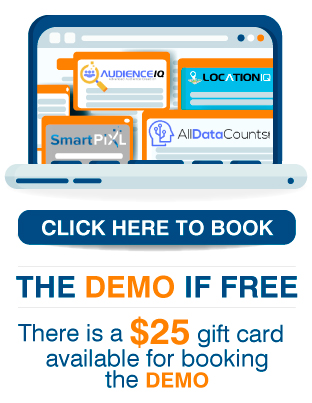Facebook, with 2.1 billion monthly users worldwide, is not going away. This is the most comprehensive digital advertising platform used worldwide. It includes Instagram and WhatsApp along with Messenger in its network. The company has changed its privacy settings to protect users and their personal information from abuse.
These major changes apply to Facebook users in the US, UK, Canada, Brazil, and other countries where personal information was used to influence people on politics and other issues. The company continues to filter fake accounts and it is no longer using third-party overlays for demographic information. This includes “partner data” on household income, home ownership, vehicle ownership, travel, political and religious affiliations, credit card use, emails, and other personal data. It is this type of information that was used to influence voters by Cambridge Analytica and Russian interests in the 2016 election.
The fallout from this scandal resulted in a dramatic loss of Facebook customer accounts and stock value during the past two years. As a result, Facebook has phased out Acxiom, Experian and other companies that offered this third-party information to advertisers. Much of the information was obtained without permission from Facebook users.
The data now available to the advertisers is the information given voluntarily by users in their profiles. This can include their birthdays, gender and possible locations. Users can offer information on their general interests and join groups. Users agree and consent to the supplied information under the new Facebook security rules.
Advertising
Many advertising posts have been eliminated from the news feed. Users see more personal content from friends and fewer if any ads. Although Facebook has changed its advertising requirements, their data is still available for companies to target an existing market segment. Some of the metrics for custom market size have been removed but they still offer an Audience Insights program.
Facebook’s new, revised program is still very helpful for small retail businesses that want to reach a market in a given location. Macro-data and algorithms will help you find the customers who may need new windows in South Florida or a beauty salon in Omaha.
You can localize your business advertising with some demographic data that includes location. Your ad will allow interested viewers to click for information and help you build a prospective client list. You should be able to build an email list of interested customers from that information. Lookalike ads can be tested and developed for other locations for business expansion.
Custom Audience Terms
Facebook will allow advertisers to use a custom audience and to upload their own lists for their own account as long as this information is not sold to another account. All information from one advertiser must remain confidential. The Custom Audience program requires the advertiser to verify that they have the consent of the people targeted in the program. Advertisers can always target ads to repeat customers in their database.
Advertisers must remove any third-party data from their custom audience list. They can request from Facebook information that relates to some general keywords but they cannot ask for specifics such as household income. Advertisers should continue to research Facebook keywords and work with the company’s Ad Image program.
Ads for a Lookalike Audience to attract new customers must use a source audience of at least 100 people. Companies can create several Lookalike Audiences to expand their market. Advertising across the Facebook network that includes Instagram and Messenger also has new regulations for Application Programming Interfaces (API).
Emails are the best way to reach past customers and potential new customers. Good advertising that asks potential customers if they want to be informed of your offers with emails moves these leads through your marketing funnel. Contact us at M1 Data & Analytics for assistance in building your email list through effective advertising on Facebook and other social media.

